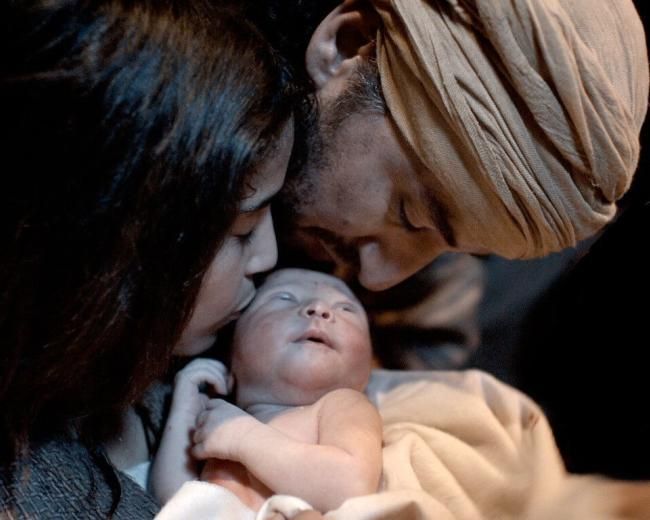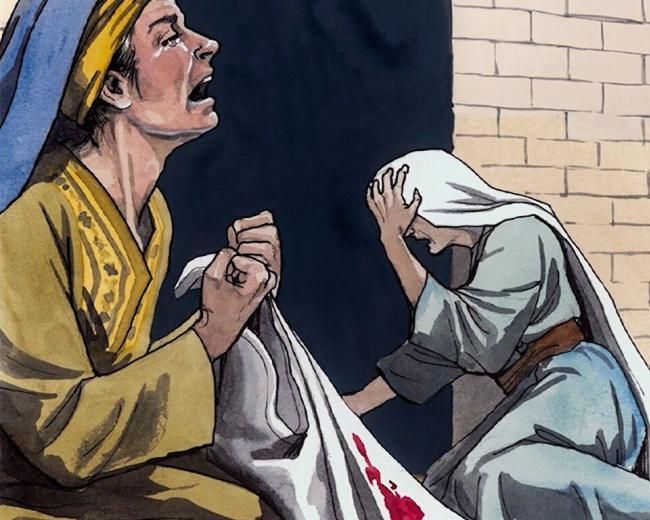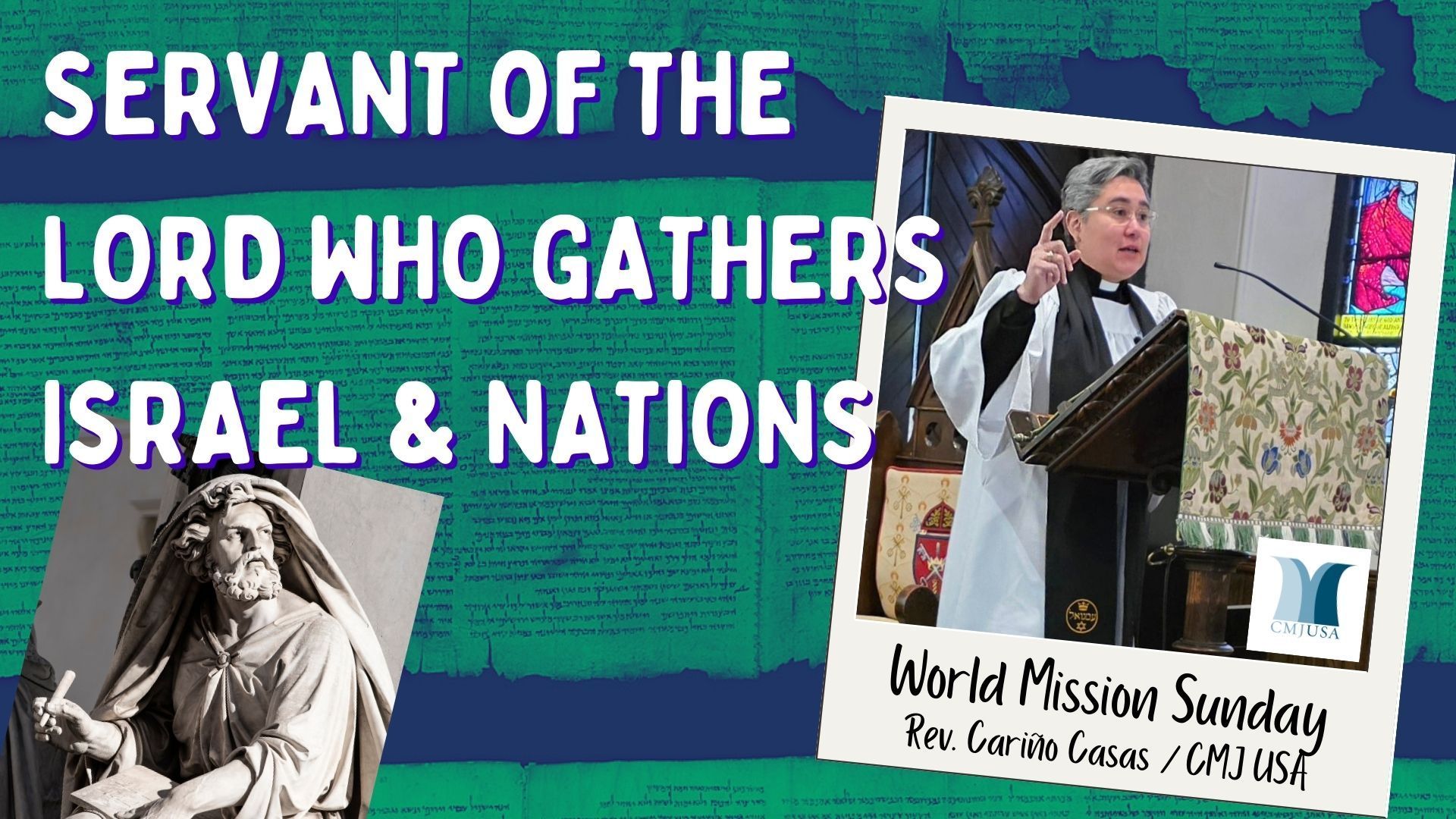Messiah, the Davidic king, was to be born in Bethlehem, as the prophet Micah had prophesied. 1
However, in thinking about the prophesied Prophet-like-Moses 2
there was some confusion about his birthplace and his relationship to the promised King. In John 7:40, some in the crowd around Jesus said, “This certainly is
the Prophet
.” Twelve verses later, the Pharisees say, “Search and see that
no prophet
arises out of Galilee.” In the oldest existing copy of this verse we read, “Search and see that
the Prophet
does not arise out of Galilee.” 3
Both the crowds and the Pharisees are referring to the Prophet-like-Moses. In John 9, the man who had been born blind mocks the religious leaders because they do not know the origin of this “prophet,” Jesus. 4
Image by LUMO Project via FreeBibleImages.org
Messiah, the Davidic king, was to be born in Bethlehem, as the prophet Micah had prophesied. 1 However, in thinking about the prophesied Prophet-like-Moses 2 there was some confusion about his birthplace and his relationship to the promised King. In John 7:40, some in the crowd around Jesus said, “This certainly is the Prophet .” Twelve verses later, the Pharisees say, “Search and see that no prophet arises out of Galilee.” In the oldest existing copy of this verse we read, “Search and see that the Prophet does not arise out of Galilee.” 3 Both the crowds and the Pharisees are referring to the Prophet-like-Moses. In John 9, the man who had been born blind mocks the religious leaders because they do not know the origin of this “prophet,” Jesus. 4
Image by LUMO Project via FreeBibleImages.org






